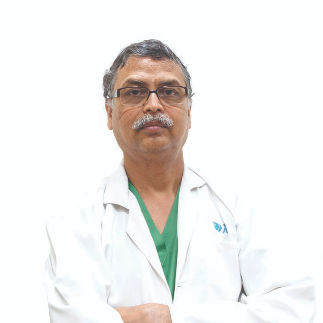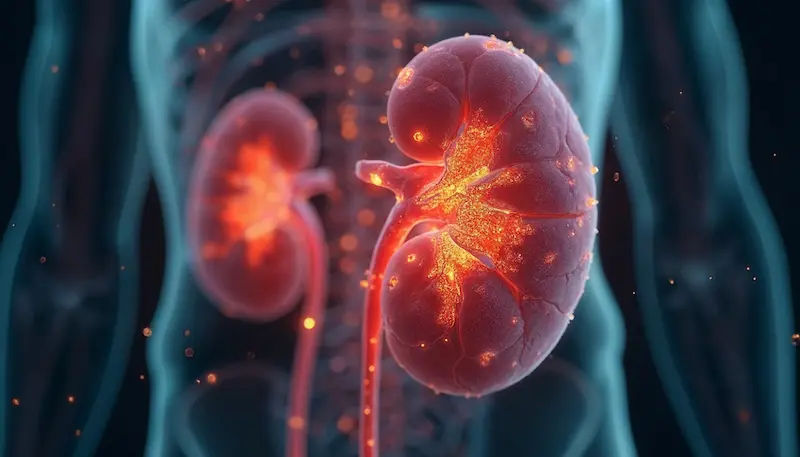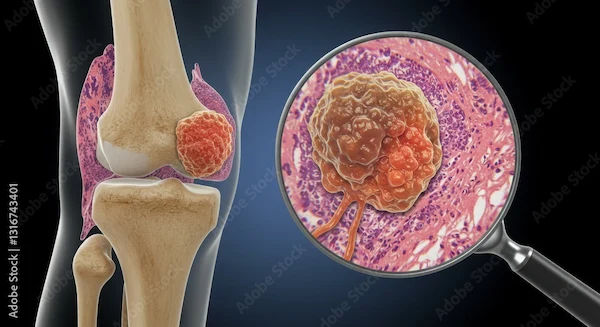How to Avoid Colon Cancer Effectively?
Learn effective strategies to reduce your risk of colon cancer through diet, lifestyle changes, regular screenings, and early detection for better long-term health outcomes.

Written by Dr. Rohinipriyanka Pondugula
Reviewed by Dr. Mohammed Kamran MBBS, FIDM
Last updated on 21st Aug, 2025

Colon cancer, also known as colorectal cancer, is one of the most common cancers worldwide. The good news is that it is also one of the most preventable cancers if detected early. By making simple lifestyle changes and staying proactive about screenings, you can significantly reduce your risk.
Understanding Colon Cancer
Colon cancer starts in the large intestine (colon) or rectum. It usually begins as small, non-cancerous growths called polyps, which can turn cancerous over time. Early detection and removal of these polyps can prevent cancer from developing.
Who Is at Risk?
While anyone can develop colon cancer, certain factors increase the risk:
Age: Most cases occur in people over 50.
Family history: Having a close relative with colon cancer raises your risk.
Lifestyle factors: Poor diet, lack of exercise, obesity, smoking, and heavy alcohol use contribute to higher risk.
Medical conditions: Inflammatory bowel diseases (like Crohn’s disease or ulcerative colitis) increase risk.
Symptoms to Watch For
Early-stage colon cancer often has no symptoms, which is why screenings are crucial. However, if you experience any of the following, consult a doctor:
Persistent changes in bowel habits (diarrhea or constipation)
Blood in stool or rectal bleeding
Abdominal pain, cramps, or bloating
Unexplained weight loss
Weakness or fatigue
Consult Top Specialists
How to Reduce Your Risk of Colon Cancer?
Here’s how you can reduce the risk of colon cancer:
1. Get Screened Regularly
Screening tests can detect polyps before they turn cancerous. Recommended screenings include:
- Colonoscopy (every 10 years starting at age 45-50)
- Stool-based tests (annually or as advised)
- Flexible sigmoidoscopy (every 5 years)
If you have a family history or other risk factors, your doctor may recommend earlier or more frequent screenings.
2. Eat a Healthy Diet
A fibre-rich, low-fat diet can help protect your colon:
- Increase fibre: Whole grains, fruits, vegetables, and beans promote healthy digestion.
- Limit red and processed meats: These have been linked to higher cancer risk.
- Include calcium and vitamin D: Dairy, leafy greens, and fortified foods may help.
- Eat more antioxidants: Berries, nuts, and green tea support cell health.
3. Stay Physically Active
- Regular exercise helps maintain a healthy weight and reduces colon cancer risk. Aim for:
- At least 30 minutes of moderate activity (walking, cycling, swimming) most days.
- Strength training twice a week to improve overall health.
4. Maintain a Healthy Weight
Obesity increases colon cancer risk. If you’re overweight, losing even a small amount of weight can help.
5. Avoid Smoking and Limit Alcohol
- Smoking is linked to many cancers, including colon cancer. Quitting reduces risk.
- Alcohol: Limit to 1 drink per day for women, 2 for men (or less).
6. Know Your Family History
If colon cancer runs in your family, genetic testing and earlier screenings may be necessary.
7. Manage Chronic Conditions
If you have diabetes or inflammatory bowel disease, work with your doctor to keep them under control.
When to See a Doctor?
Don’t ignore symptoms like persistent bowel changes, blood in stool, or unexplained weight loss. Early detection saves lives.
If you’re due for a screening or have concerns about colon cancer, Apollo 24|7 makes it easy to book a consultation or schedule a test. Early prevention is the best protection!
By following these steps, you can take control of your health and significantly lower your risk of colon cancer. Stay proactive, eat well, stay active, and get screened—it could save your life.
Would you like to schedule a screening or speak with a specialist? Visit Apollo24|7 today for expert care and guidance.
Consult Top Specialists
Consult Top Specialists

Dr. Gopal Kumar
Head, Neck and Thyroid Cancer Surgeon
15 Years • MBBS, MS , FARHNS ( Seoul, South Korea ), FGOLF ( MSKCC, New York )
Delhi
Apollo Hospitals Indraprastha, Delhi
(25+ Patients)

Dr. Rupam Manna
Radiation Specialist Oncologist
4 Years • MBBS MD(RADIO THERAPY)
Barasat
Diab-Eat-Ease, Barasat

Dr Gowshikk Rajkumar
Oncologist
10 Years • MBBS, DMRT, DNB in Radiation oncology
Bengaluru
Apollo Clinic, JP nagar, Bengaluru

Dr. Praveen Kumar Garg
Surgical Oncologist
26 Years • MBBS, M.S.(Gen.Surg.), M.Ch.(OncoSurg.)
Delhi
Apollo Hospitals Indraprastha, Delhi
(50+ Patients)
Dr. B Shravanthi Reddy
Radiation Specialist Oncologist
8 Years • MBBS, DNB(Radiation Oncology)
Manikonda Jagir
Apollo Clinic, Manikonda, Manikonda Jagir
Consult Top Specialists

Dr. Gopal Kumar
Head, Neck and Thyroid Cancer Surgeon
15 Years • MBBS, MS , FARHNS ( Seoul, South Korea ), FGOLF ( MSKCC, New York )
Delhi
Apollo Hospitals Indraprastha, Delhi
(25+ Patients)

Dr. Rupam Manna
Radiation Specialist Oncologist
4 Years • MBBS MD(RADIO THERAPY)
Barasat
Diab-Eat-Ease, Barasat

Dr Gowshikk Rajkumar
Oncologist
10 Years • MBBS, DMRT, DNB in Radiation oncology
Bengaluru
Apollo Clinic, JP nagar, Bengaluru

Dr. Praveen Kumar Garg
Surgical Oncologist
26 Years • MBBS, M.S.(Gen.Surg.), M.Ch.(OncoSurg.)
Delhi
Apollo Hospitals Indraprastha, Delhi
(50+ Patients)
Dr. B Shravanthi Reddy
Radiation Specialist Oncologist
8 Years • MBBS, DNB(Radiation Oncology)
Manikonda Jagir
Apollo Clinic, Manikonda, Manikonda Jagir


